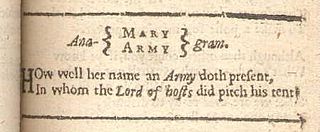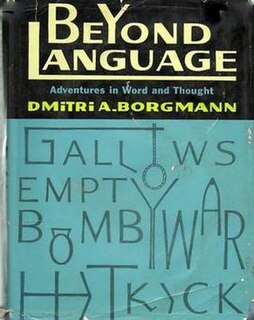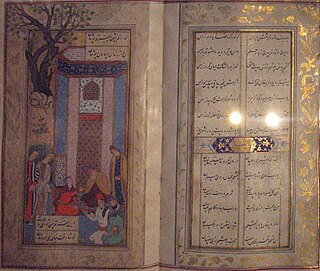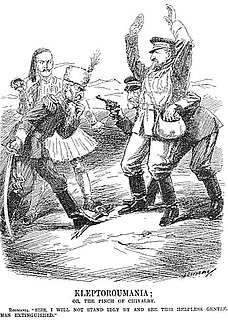 W
WWord play or wordplay is a literary technique and a form of wit in which words used become the main subject of the work, primarily for the purpose of intended effect or amusement. Examples of word play include puns, phonetic mix-ups such as spoonerisms, obscure words and meanings, clever rhetorical excursions, oddly formed sentences, double entendres, and telling character names.
 W
WAn ambigram is a calligraphic design that has several interpretations as written.
 W
WAnagrammatic poetry is poetry with the constrained form that either each line or each verse is an anagram of all other lines or verses in the poem.
 W
WBeyond Language: Adventures in Word and Thought is a 1967 book written by Dmitri Borgmann.
 W
W"Buffalo buffalo Buffalo buffalo buffalo buffalo Buffalo buffalo" is a grammatically correct sentence in English, often presented as an example of how homonyms and homophones can be used to create complicated linguistic constructs through lexical ambiguity. It has been discussed in literature in various forms since 1967, when it appeared in Dmitri Borgmann's Beyond Language: Adventures in Word and Thought.
 W
WBushisms are unconventional statements, phrases, pronunciations, malapropisms, and semantic or linguistic errors in the public speaking of the 43rd President of the United States George W. Bush. The term Bushism has become part of popular folklore and is the basis of a number of websites and published books. It is often used to caricature the former president. Common characteristics include malapropisms, the creation of neologisms, spoonerisms, stunt words and grammatically incorrect subject–verb agreement.
 W
WCockburn is a Scottish surname that originated in the Borders region of the Scottish Lowlands. In the United States most branches of the same family have adopted the simplified spelling 'Coburn'; other branches have altered the name slightly to 'Cogburn'. The French branch of the family uses the spelling 'de Cockborne', with the middle "ck" being pronounced.
 W
W"Driving while black" (DWB) is a sardonic description of racial profiling of African-American motor vehicle drivers. It implies that a motorist may be stopped by a police officer largely because of racial bias rather than any apparent violation of traffic law.
 W
WA homograph is a word that shares the same written form as another word but has a different meaning. However, some dictionaries insist that the words must also sound different, while the Oxford English Dictionary says that the words should also be of "different origin". In this vein, The Oxford Guide to Practical Lexicography lists various types of homographs, including those in which the words are discriminated by being in a different word class, such as hit, the verb to strike, and hit, the noun a blow.
 W
WĪhām in Persian, Urdu, Kurdish and Arabic poetry is a literary device in which an author uses a word, or an arrangement of words, that can be read in several ways. Each of the meanings may be logically sound, equally true and intended.
 W
WLanguage on Vacation: An Olio of Orthographical Oddities is a 1965 book written by Dmitri Borgmann.
 W
WPalindromes and Anagrams is a 1973 non-fiction book on wordplay by Howard W. Bergerson.
 W
WThe pun, also known as paronomasia, is a form of word play that exploits multiple meanings of a term, or of similar-sounding words, for an intended humorous or rhetorical effect. These ambiguities can arise from the intentional use of homophonic, homographic, metonymic, or figurative language. A pun differs from a malapropism in that a malapropism is an incorrect variation on a correct expression, while a pun involves expressions with multiple interpretations. Puns may be regarded as in-jokes or idiomatic constructions, especially as their usage and meaning are usually specific to a particular language or its culture.
 W
WRAS syndrome is the use of one or more of the words that make up an acronym in conjunction with the abbreviated form. This means, in effect, repeating one or more words from the acronym. Three common examples are "PIN number" / "VIN number" and "ATM machine". The term RAS syndrome was coined in 2001 in a light-hearted column in New Scientist.
 W
WA palindrome is a word, number, phrase, or other sequence of characters which reads the same backward as forward, such as madam or racecar. There are also numeric palindromes, including date/time stamps using short digits 11/11/11 11:11 and long digits 02/02/2020. Sentence-length palindromes ignore capitalization, punctuation, and word boundaries.
 W
WWit is a form of intelligent humour, the ability to say or write things that are clever and usually funny. Someone witty is a person who is skilled at making clever and funny remarks. Forms of wit include the quip, repartee, and wisecrack.